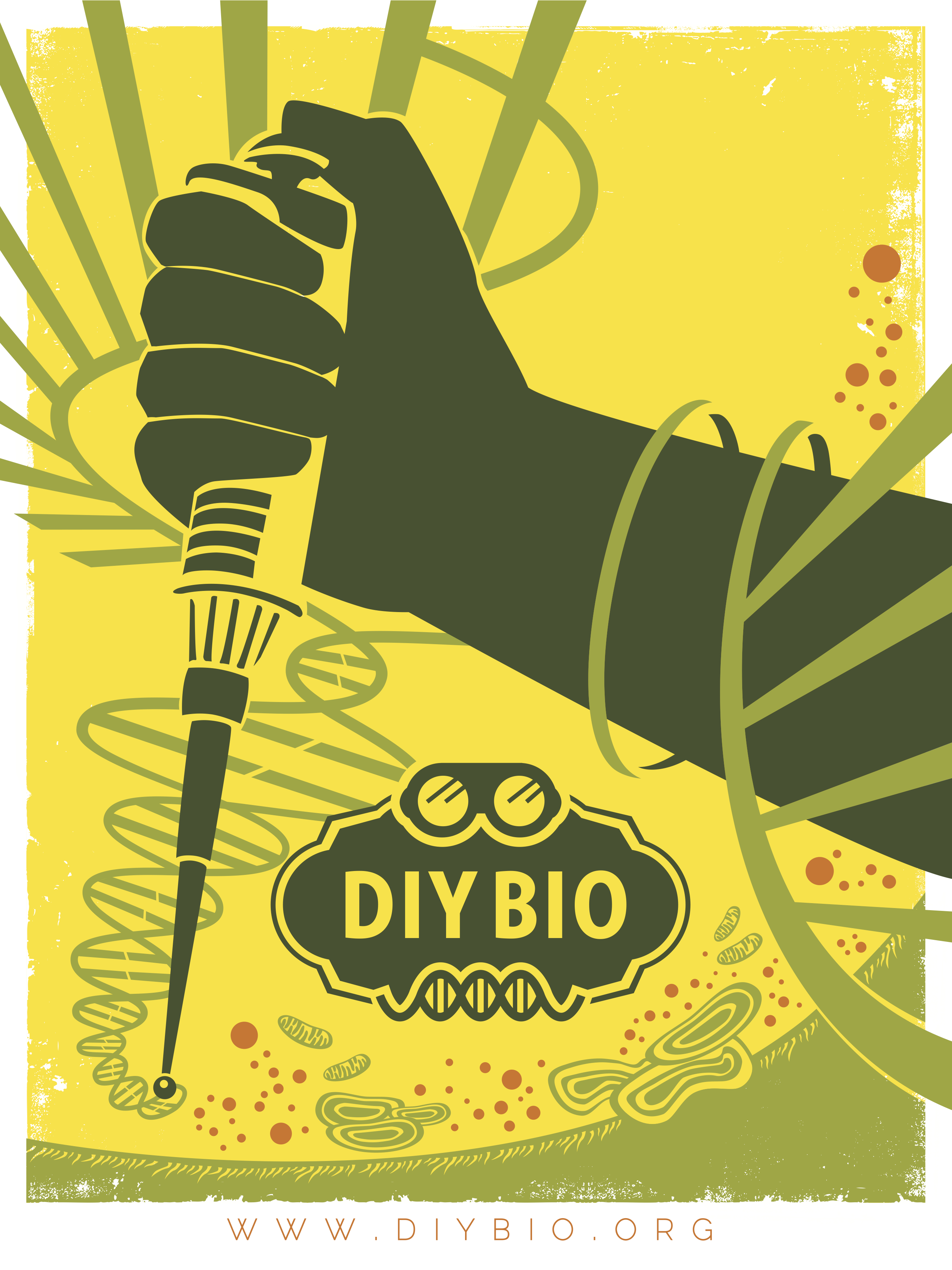I walked away from the bench four years ago this month. Since that time, I have enjoyed the life of a Scientific Editor, where my training in the lab is integral to the job. I am still surprised when my training becomes useful in everyday life. Perhaps it shouldn't – many articles about "The PhD Problem" focus on how training to be a scientist has other long-term benefits, including developing critical thinking and problem solving skills. A few years ago, I decided that I would start approaching recipe development like I would designing a protocol or experiment. This has been a very fun project, so I wanted to share my results.
First, I started reading more about recipe development by professional bakers. Then, I decided to tackle my favorite baked good: the oatmeal cookie. For many years, I have used my mom's recipe, which came from the Quaker Oats box and was never altered. They are delicious cookies, but as any scientist/baker would, I wondered if I could do better.

I had to figure out what recipe to start with. The Flour cookbook has a great oatmeal cookie recipe, with excellent instructions that are thoughtful about the science of baking (e.g., the formation of gluten). Another advantage is that their recipe includes weights for all the ingredients. The use of a scale to weigh ingredients was a crucial element for my recipe testing – it added precision and allowed me to make half a recipe (this meant I could bake cookies every other weekend without having too many extra calories). The Flour cookies are very good, but I found them too chewy and I wanted more oatmeal. I did some more research on how each ingredient in a cookie recipe contributes to the end result. (The best resource was The Food Lab.) Over the course of a year, I baked four different iterations of the Flour recipe and ended up with something in between their recipe and the original Quaker recipe. I have repeated this protocol six times and find it is consistently good – even after we moved (testing a new oven) and got new cookie sheets. Out of curiosity, I did try America's Test Kitchen recipe (free version here), as ATK is the gold standard of recipe testing. I found their cookie had a good oat flavor, but was too crunchy and crumbly.
This experiment taught me a lot about recipe design and the small things that make a big difference in how cookies turn out (e.g., letting the dough rest overnight). I also found many useful resources to help me in future recipe development. It is definitely a great time to be a scientist/baker as there are so many food blogs and podcasts that focus on this topic. The success of my experiment and the wealth of resources available has encouraged me to approach my previously perfected "Test Kitchen Brownies". I will be sure to update you once my next experiment is complete.
First, I started reading more about recipe development by professional bakers. Then, I decided to tackle my favorite baked good: the oatmeal cookie. For many years, I have used my mom's recipe, which came from the Quaker Oats box and was never altered. They are delicious cookies, but as any scientist/baker would, I wondered if I could do better.

I had to figure out what recipe to start with. The Flour cookbook has a great oatmeal cookie recipe, with excellent instructions that are thoughtful about the science of baking (e.g., the formation of gluten). Another advantage is that their recipe includes weights for all the ingredients. The use of a scale to weigh ingredients was a crucial element for my recipe testing – it added precision and allowed me to make half a recipe (this meant I could bake cookies every other weekend without having too many extra calories). The Flour cookies are very good, but I found them too chewy and I wanted more oatmeal. I did some more research on how each ingredient in a cookie recipe contributes to the end result. (The best resource was The Food Lab.) Over the course of a year, I baked four different iterations of the Flour recipe and ended up with something in between their recipe and the original Quaker recipe. I have repeated this protocol six times and find it is consistently good – even after we moved (testing a new oven) and got new cookie sheets. Out of curiosity, I did try America's Test Kitchen recipe (free version here), as ATK is the gold standard of recipe testing. I found their cookie had a good oat flavor, but was too crunchy and crumbly.
This experiment taught me a lot about recipe design and the small things that make a big difference in how cookies turn out (e.g., letting the dough rest overnight). I also found many useful resources to help me in future recipe development. It is definitely a great time to be a scientist/baker as there are so many food blogs and podcasts that focus on this topic. The success of my experiment and the wealth of resources available has encouraged me to approach my previously perfected "Test Kitchen Brownies". I will be sure to update you once my next experiment is complete.






